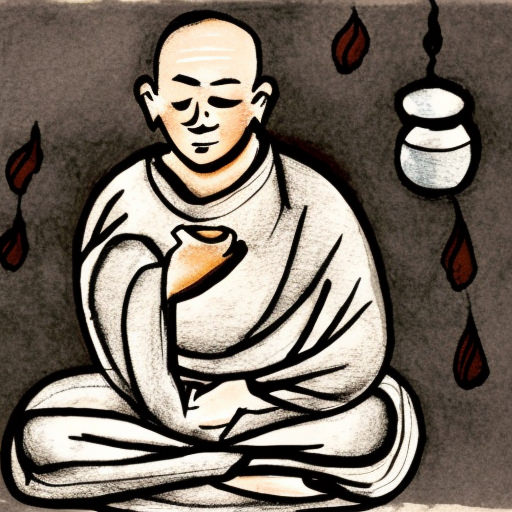Coffee is one of the world’s most consumed beverages. From the moment we wake up, we rely on its energizing and rejuvenating effects to start our day. But did you know that coffee has also played a significant role in various religions throughout history? As surprising as it might sound, this well-loved drink has been a part of spiritual practices and rituals for centuries. In this blog post, we’ll explore the different ways that coffee has been used in religions.
Islam
Among the many uses of coffee in religion, one of the most notable is its use in Islamic culture. According to legend, coffee was first discovered by a Muslim shepherd who noticed that his goats became particularly energetic after consuming the berries of a certain tree. Since then, coffee has been embraced by Muslims worldwide, and the drink has become a central element to many aspects of Islamic culture. For instance, during the holy month of Ramadan, it is customary to drink coffee before sunrise and after sunset. This tradition has been passed down through generations and symbolizes the beginning and ending of the daily fast.
Ethiopian Orthodoxy
Another religion that has integrated coffee into its ritual practices is Ethiopian Orthodoxy. In this culture, the brewing and serving of coffee is an integral part of welcoming guests into the home. This ritual is called the “coffee ceremony,” and it involves roasting, grinding, and brewing coffee beans in a traditional clay pot called a jebena. The ceremony is a symbol of hospitality, respect, and friendship. It’s also seen as somewhat of a religious experience, with the aroma of the brewing coffee being interpreted as a form of incense.
Catholicism
In Catholicism, coffee is not necessarily used in religious ceremonies, but it is still a popular drink among clergy and laypeople alike. In some instances, coffee has even been used as a replacement for wine during communion. This practice has been permitted in the Catholic Church, particularly in areas where wine is expensive or difficult to obtain. Coffee is considered a suitable replacement because it has some of the same qualities as wine, such as being a commonly enjoyed drink and having the ability to bring people together.
Spiritism
In the Brazilian religion of Spiritism, coffee is also used for spiritual purposes. In Spiritism, coffee is considered to have cleansing properties and is said to help “disperse spiritual clouds” and clear the path for communication with spirits. As such, it is often served to participants during spiritual gatherings and rituals. The drink is also believed to have a protective effect against negative energies, making it a staple of spiritual practices in this religion.
In conclusion, while we usually think of coffee as a beverage for enjoyment and energy, it has also played a significant role in several religions throughout history. From Islam to Catholicism, coffee has been used in spiritual practices and rituals, often symbolizing hospitality, community, and respect. This speaks to the power of coffee in bringing people together and serving as a cultural artifact — even in the realm of religion.

